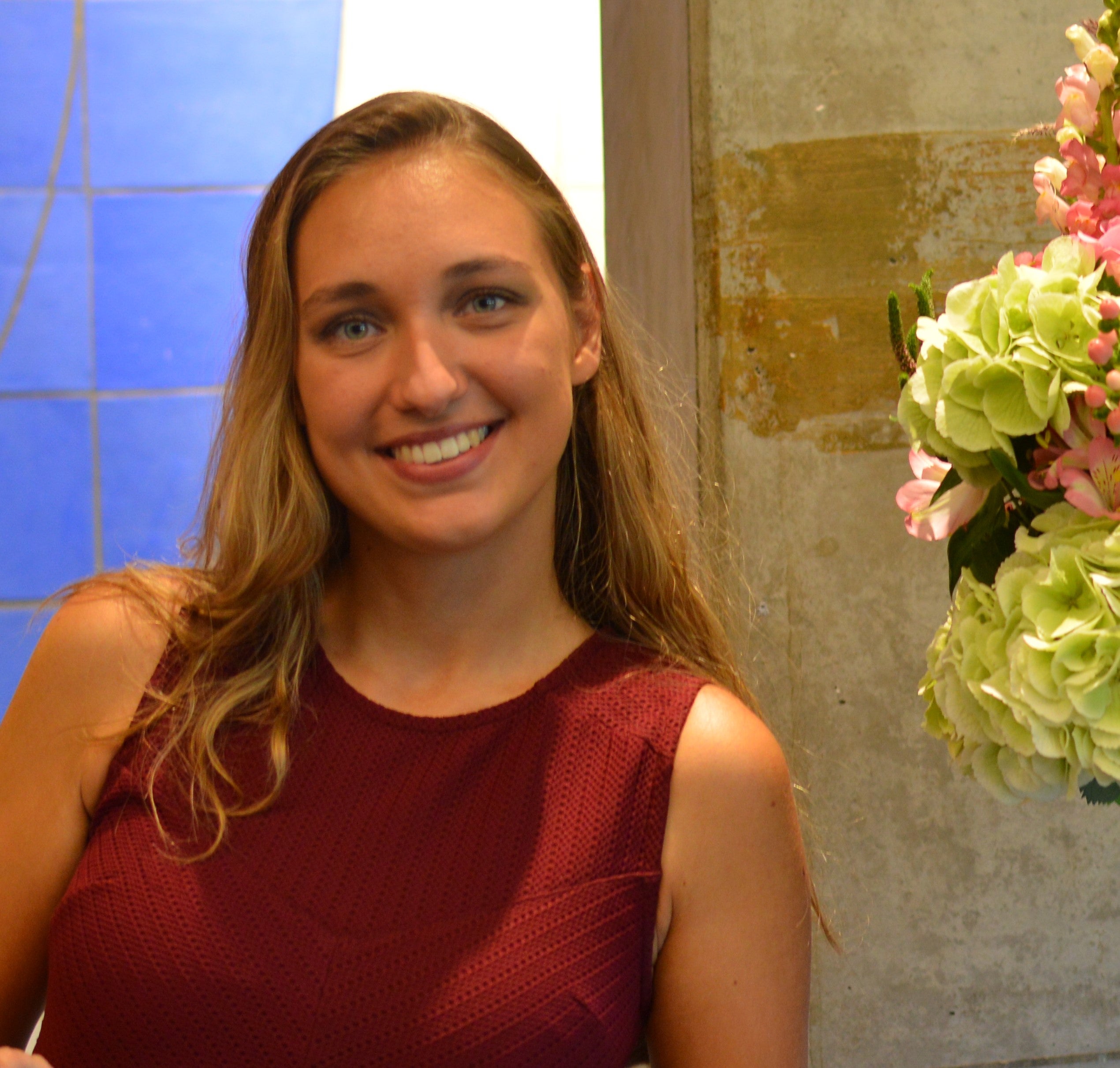You are working on a project about the self-image of young adults and social media?
Social media, such as TikTok, are increasingly focused on visual images. These images are also often manipulated. In addition, we are no longer using social media just to be in contact with friends and family, but also to follow influencers, for example. This can cause problems with your self-image, for instance, because you see all kinds of manipulated pictures of ‘perfect bodies’ and you can’t meet these standards yourself. I’m working on an online intervention, a training programme in which you learn about self-compassion. By knowing more about this, you can learn to deal with these kinds of thoughts in a different way.
What does this online intervention look like, and what is the AI behind it?
It’s a website with different assignments and journal prompts with which you can learn more about self-compassion. For example, we are using sentiment analysis. This allows us to see whether sentences have a positive or negative sentiment. In the first pilot, based on the interactions of users with the system, we will look at how we can further implement this. We are also using gamification elements.
AI at VU Amsterdam has been interdisciplinary, society- and human-centric right from the start. What have you noticed about this tradition as a student and young researcher?
During my studies, I took courses at other faculties, for example, and projects often had a society-focussed approach. For instance, in a course on knowledge representation, I looked at whether and how we could create a way to help children with autism who were looking for a regular secondary school in their decision-making process. As a researcher, I also always work on projects that mean something to society. To do this, you have to work together with domain experts, so working in an interdisciplinary way is a must.
What do you think the future of AI looks like in relation to the health of users?
I think there is increasing support for healthy applications of AI. Young generations are growing up with apps and AI systems; older generations are also increasingly using technology. I think this support base is going to play an important role. I expect that people will be more open to technology sooner, and that technology will play a more integrated role in people's lives. As a result, gains can also increase. Corona could also contribute to this; we are now learning how we can have an online life alongside physical life. And there is also an increased focus on mental health. Who knows, maybe this period will teach us to integrate technology and physical life even better, and to create more support for using this for our mental health as well.
